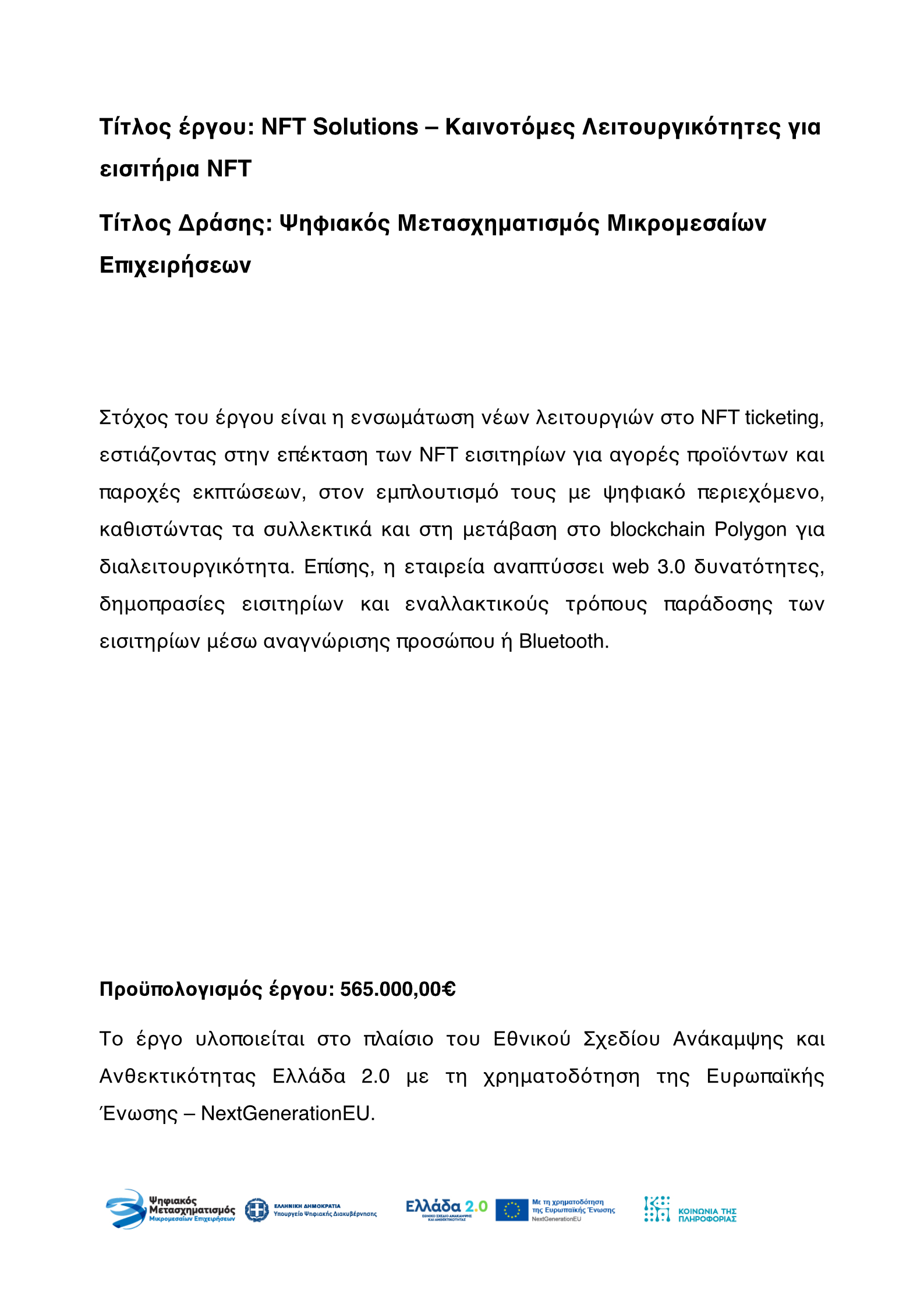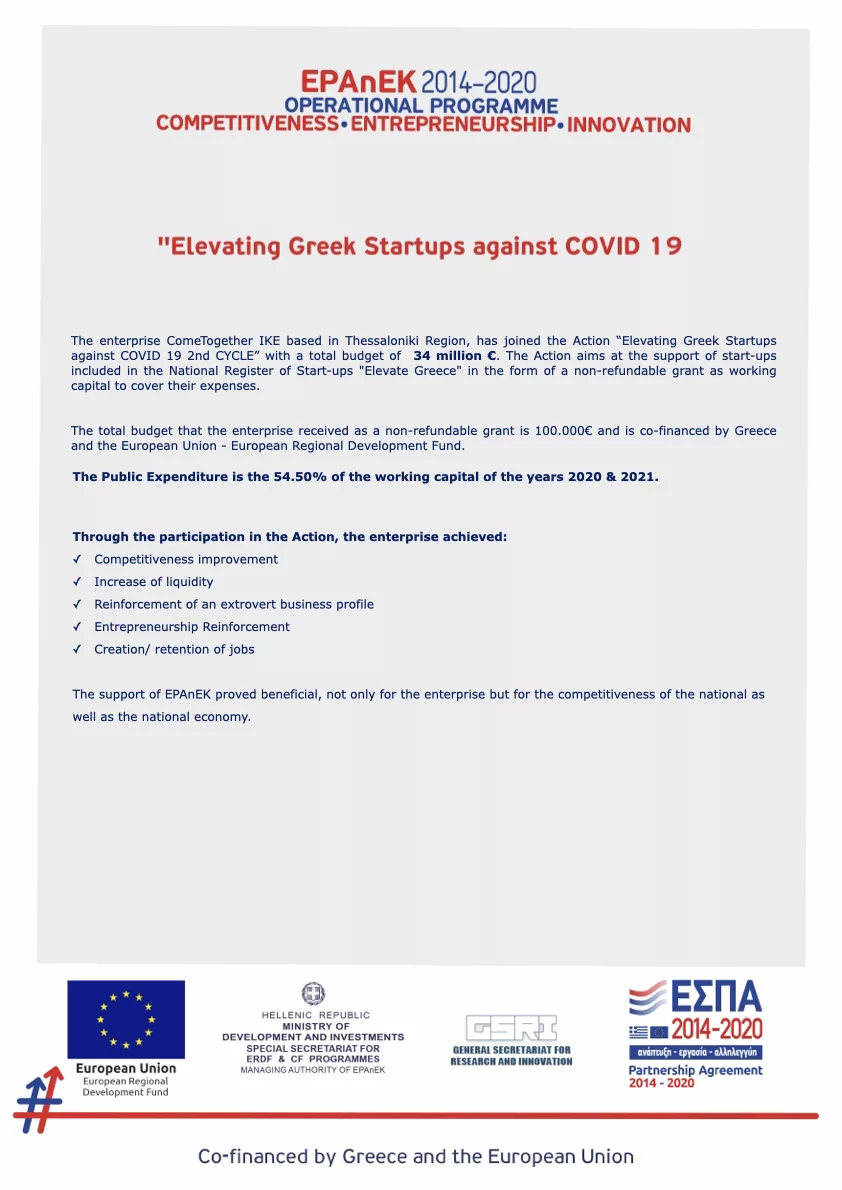In an era where digitalization is the new norm, every industry is striving to adapt and evolve. Among the myriad of sectors undergoing transformative shifts, the ticketing industry for live events stands out, thanks to the advent of NFTs (Non-Fungible Tokens). This innovation is reshaping the ticketing landscape, offering new possibilities for fans, event organizers, and the broader entertainment ecosystem. So what makes NFT tickets so revolutionary? The answer lies in their unique attributes, particularly their role in enhancing transparency, ensuring security, and combating ticket scalping.
The Fascinating World of Collectible NFT Tickets: A Revolution in Live Event Ticketing
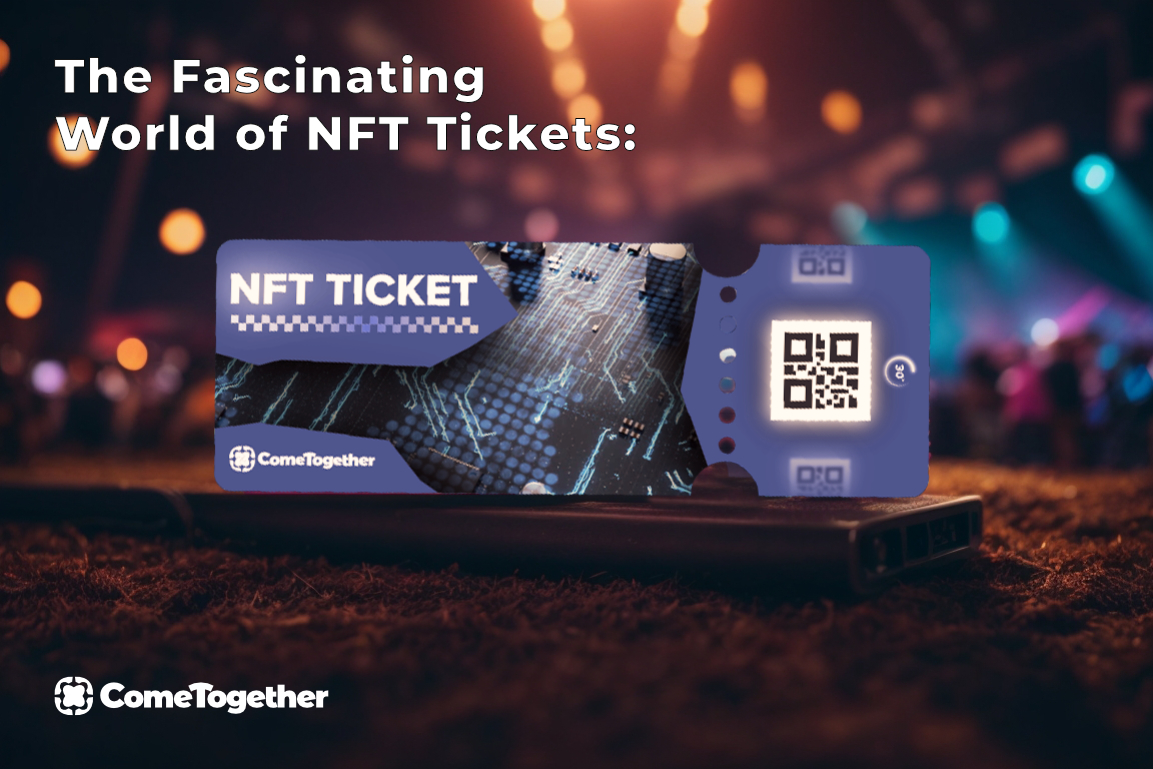
Understanding NFTs
NFTs are unique digital assets stored on a decentralized digital ledger known as a blockchain. Unlike cryptocurrencies, which are fungible and interchangeable, NFTs are one-of-a-kind digital tokens that signify ownership and scarcity. Picture a digital version of collectible football cards, where the card isn’t a physical object but a unique identifier on the blockchain. This digital scarcity ensures that each NFT ticket is unique and cannot be replicated or forged, thus providing a robust shield against duplication and fraud.
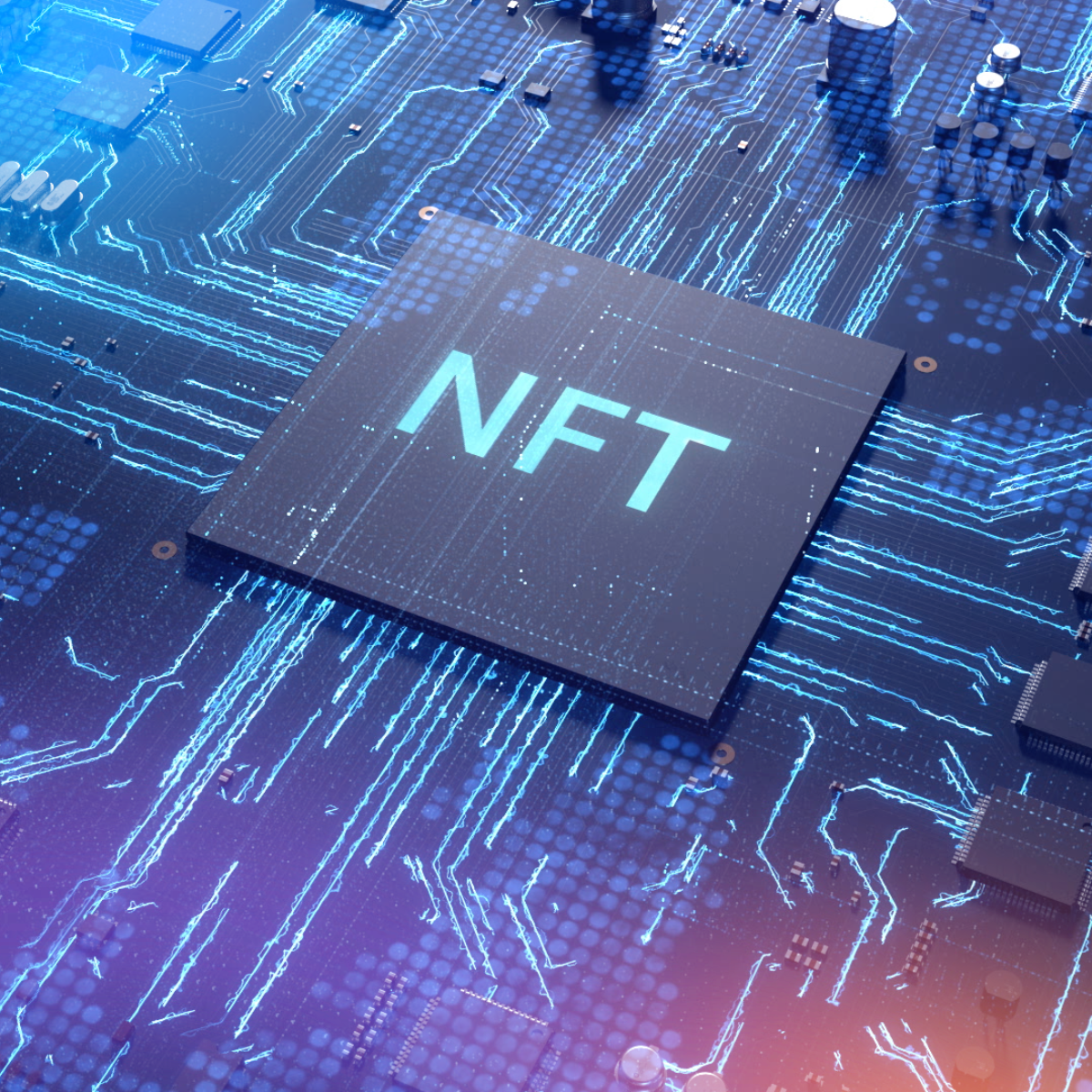
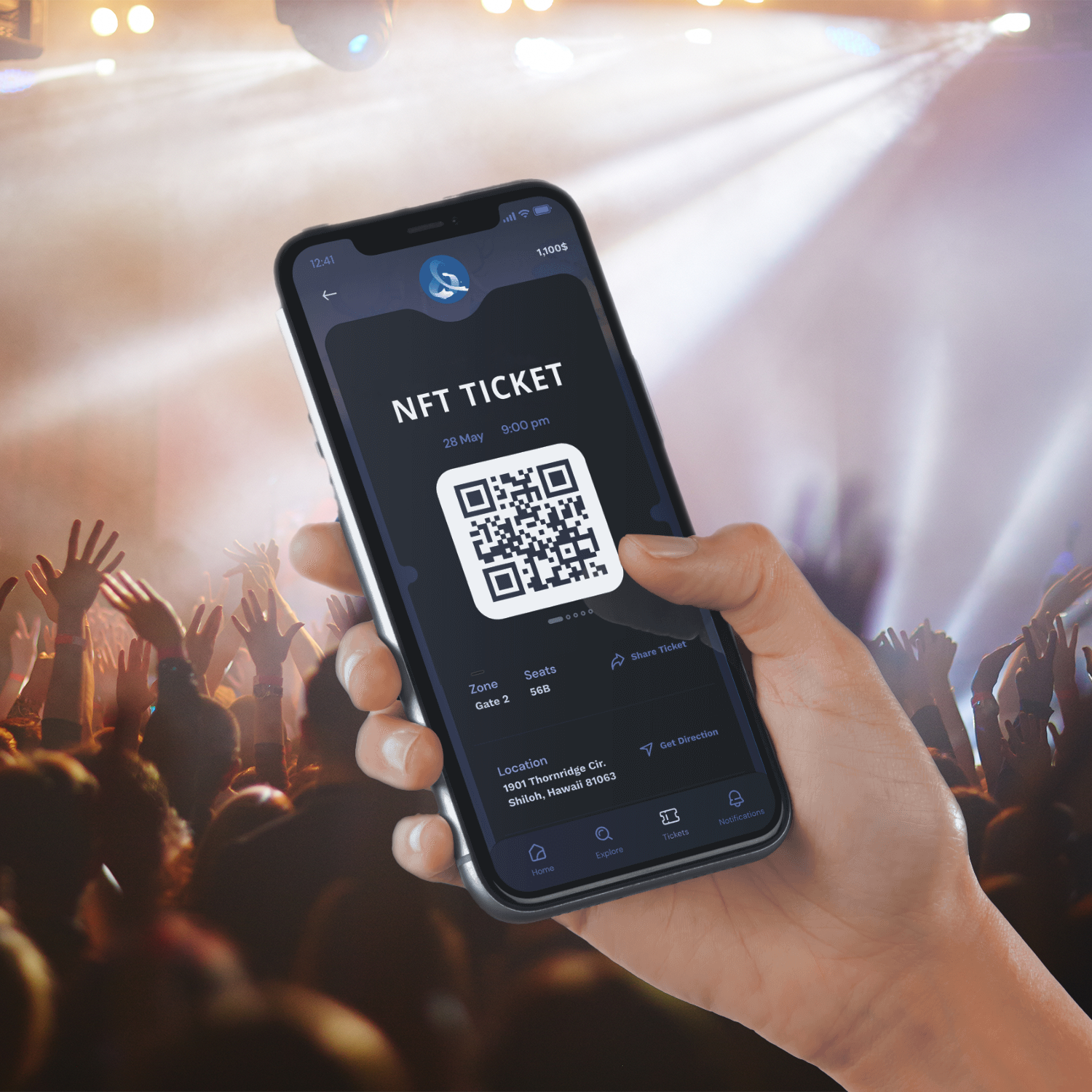
The Impact of NFTs on Ticketing
With the uniqueness of each NFT acting as a digital watermark, event organizers and ticket buyers can breathe easier. These NFT tickets come with distinct identifiers that verify their legitimacy, essentially acting as an unbreakable authentication system. Gone are the days when one had to worry about counterfeit or duplicated tickets ruining an event.
Moreover, the blockchain technology underlying NFTs offers full traceability, recording each ticket’s entire lifecycle. From the moment it is issued to all subsequent transfers or resales, every transaction is permanently recorded. This immutable traceability eradicates issues like double spending and counterfeiting, significantly boosting the efficiency and reliability of ticketing systems.
NFT Ticketing Platforms
Innovative companies like ComeTogether are leading the charge in the NFT ticketing space. These platforms not only ensure a ticket’s authenticity but also offer safeguards against fraudulent activities such as ticket scalping. The transparency and security features enabled by blockchain technology are pushing the boundaries of what we thought possible in the realm of ticket sales and distribution.

Fighting Ticket Scalping with NFTs
A perennial issue in the ticketing industry has been ticket scalping, where tickets are resold at exorbitant prices or fraudulent tickets are sold that can’t be used when trying to enter an event, depriving genuine fans of a fair chance to attend events. NFT tickets utilize QR codes which are constantly updated to ensure that tickets are valid. Additionally, ComeTogether’s organizer dashboard allows event organizers to determine if resale is allowed for their tickets and if so, what is the maximum price that can be offered.
Conclusion
The emergence of NFTs in the ticketing sector symbolizes much more than technological sophistication; it represents a seismic shift capable of tackling several challenges simultaneously. The advantages offered by NFT ticketing—enhanced security, complete traceability, and innovative solutions to fight ticket scalping—are revolutionary.
While the concept is still in its nascent stages and subject to ongoing improvements, there’s no denying that NFT-based ticketing has opened up a world of possibilities. It promises not only to bring transparency, security, and fairness to a sector in dire need of innovation but also to redefine the whole experience of attending live events. As we move forward, it’s becoming abundantly clear that NFT ticketing is not merely a trend but a groundbreaking evolution that is poised to shape the future of event ticketing globally.
FAQs
What is a Non-Fungible Token (NFT)?
An NFT, or Non-Fungible Token, is a unique digital asset stored on a blockchain, a decentralized digital ledger. Unlike cryptocurrencies like Bitcoin, which are interchangeable, NFTs are distinct and offer digital scarcity and ownership.
How are NFTs different from cryptocurrencies like Bitcoin?
Unlike cryptocurrencies, which are fungible and can be interchanged with one another, NFTs are unique digital tokens. Each NFT has a distinct identifier that validates its uniqueness and ownership.
Why are NFTs compared to collectible items?
NFTs are analogous to collectible items like football trading cards. They represent a unique digital asset, often with a specific value attached, much like a rare collectible.
How do NFTs enhance ticket security?
NFTs provide a robust shield against ticket duplication and fraud by employing blockchain technology. Each NFT-based ticket comes with a unique identifier that authenticates its legitimacy.
What is ticket traceability?
Ticket traceability refers to the ability to track the complete lifecycle of a ticket, from issuance to any subsequent transfers or sales. Blockchain technology makes this traceability possible, providing an immutable record of all transactions.
NFTs with utilities: ticketing, music, collectibles, memberships

